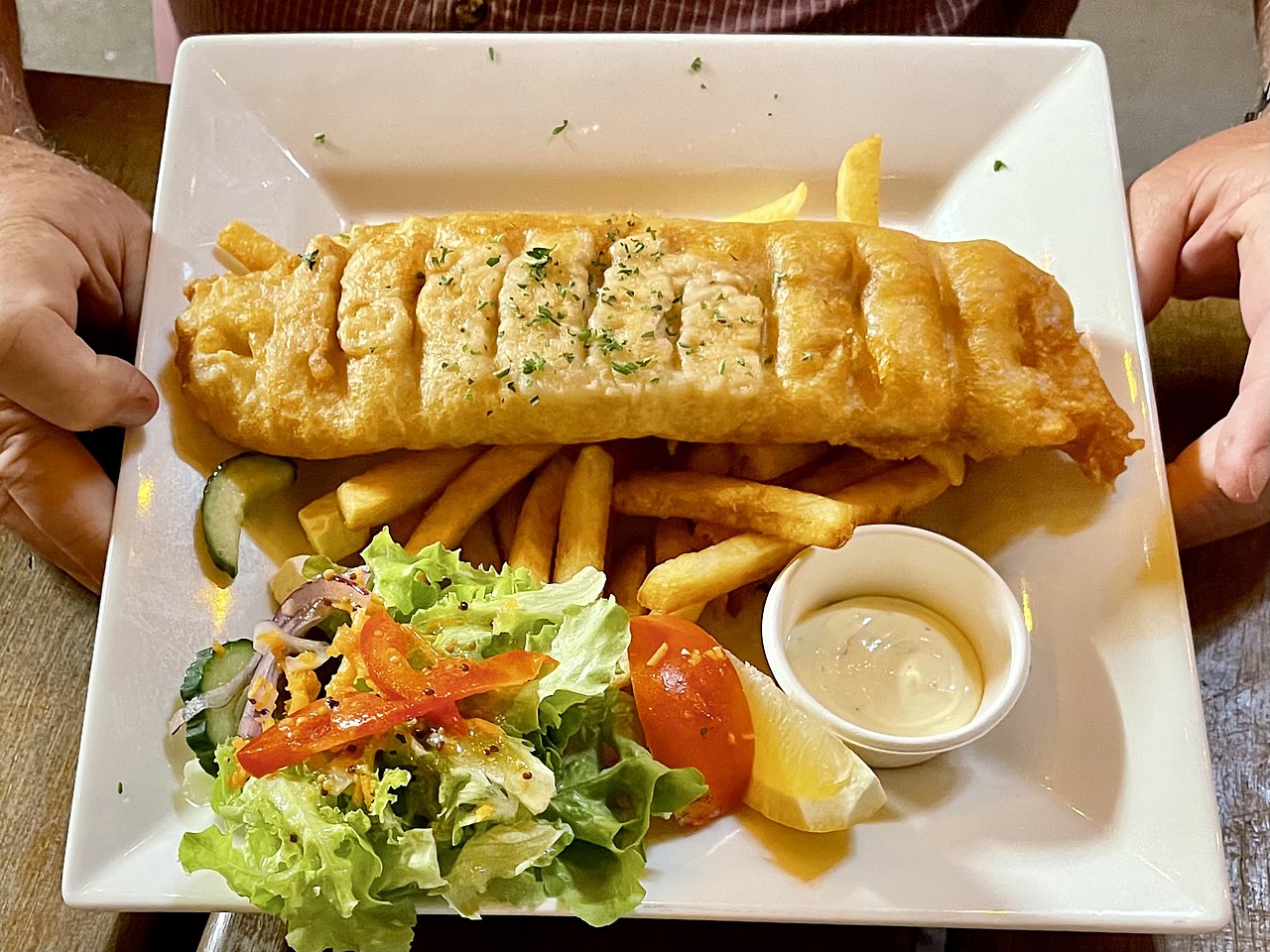Scientists have succeeded in recreating the scent of salmon from plants as part of attempts to deliver more sustainable seafood (this is an important consideration given that marine habitats are at risk). This formed part of the Estonian researchers attempts to decode and recreate a salmon’s complex aroma.
Based on the outcome from the research, it is hoped that seafood companies will be able to use the findings to create more authentic products. It is hoped that the research will help to address Europe’s dependence on imported seafood and meet growing demand without harming marine ecosystems.
The findings come from Estonia’s Center of Food and Fermentation Technologies (TFTAK). The researchers were required to unpick the fish’s complex scent ‘molecule by molecule’. This will enable them to assess which chemicals are associated with the distinctive aroma. After this, they will be able to create a series of scent profiles.
Once identified, substitute aromas will be created using naturally occurring fatty acids, seeking to recreate the aroma using oils extracted from plants, algae and microbes. This can then be used as an ingredient that food producers can add to plant-based or cultivated fish, with the aim of making the food smell and taste more authentic.
“Cultivated meat or fish” refers to meat grown in cultivators, which provides the warmth and nutrients cells need to become meat. “Lab-grown meat” is an alternative, albeit misleading term.
The lead researcher, Dr Sirli Rosenvald, head of protein research, sensomics (which integrates genomics with clinical informatics) and meat alternative development at TFTAK, states: “We’re going to work through the hundreds of molecules that make up the aroma and hope to break this down to the 10 or 20 that are most crucial to the smell of salmon, which is closely linked to the taste and whole dining experience.”
The idea behind this type of research is that if those seeking to push more sustainable seafood or meat-based alternatives wish to increase the take up of products, they need to develop foods that taste and smell like the products people are familiar with.
Behind this there is a need to address sustainability when it comes for seafood. For example, it is estimated half of EU marine habitats are now assessed as endangered or near threatened, mainly due to pollution, fishing and aquaculture. In addition, global demand for seafood is projected to increase by 5 percent over the next ten years, a rate at which conventional aquaculture will struggle to meet.
The development is also likely to tally with consumers who are seeking out more sustainable options.














